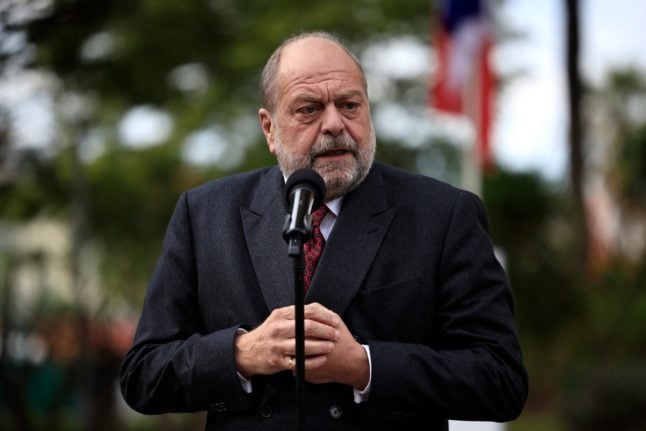Xavier Dupont de Ligonnès has not been seen since April 15th. The drugged and murdered bodies of his wife, Agnès, and their four children were discovered six days later on April 21st.
The email, published by RTL and believed to have been written in January 2010, was sent to his mistress, Catherine, a 49-year old company executive in the Val-d’Oise. Its contents detail the financial and marital problems that were overwhelming him.
“I’m ruined, at rock bottom, like never before” he wrote. “I am awake almost every night with these morbid ideas. Burning down the house after giving everyone sleeping pills, or killing myself so that Agnès gets €600,000. In any case, my life will end in the next few months if I don’t get €25,000 euros immediately. Most of the time I am not in a dream but in a nightmare and I can’t escape except, of course, by doing something radical and final.”
The wife and four children of de Ligonnès, aged from 14 to 20, were drugged before being shot. Their bodies were discovered buried under the terrace of the family home in Nantes. It is believed they were killed some time between April 3rd and 5th.


 Please whitelist us to continue reading.
Please whitelist us to continue reading.
Member comments